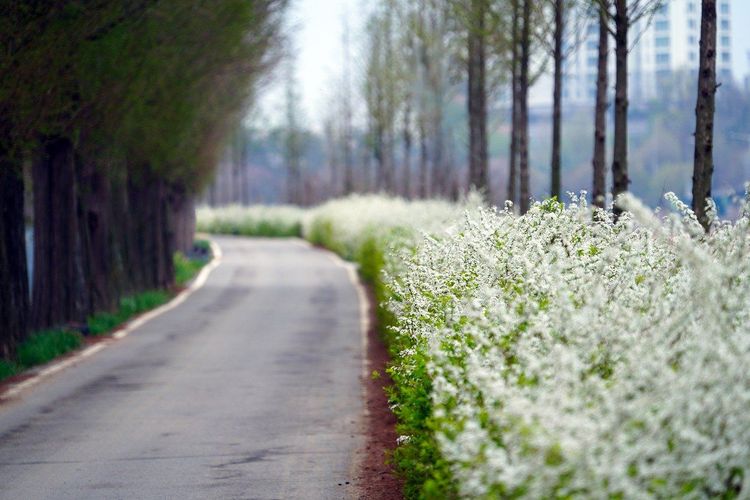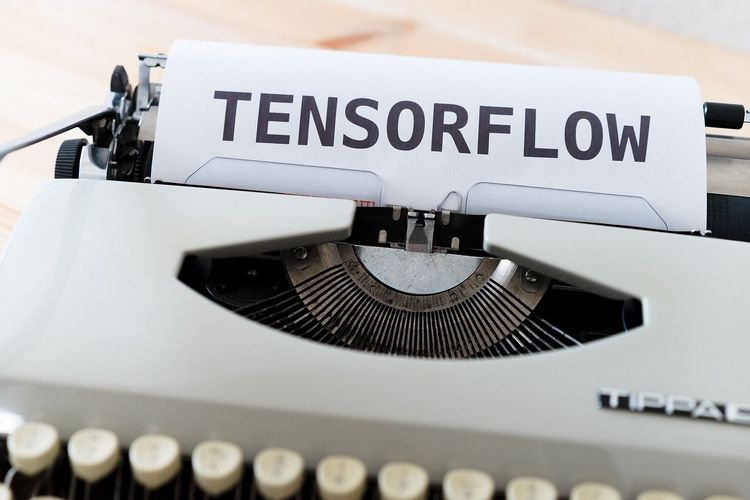In recent years, the pace of innovation in materials development has significantly increased, and a new French startup, Altrove, aims to contribute to this transformative journey. This deep tech startup has successfully secured €3.7 million (approximately $4 million) in funding.
For those keen on materials innovation, you may have observed that various research teams are sharing pivotal breakthroughs in materials prediction.
“Historically, the research and development of new materials has progressed slowly over the past 50 years,” said Altrove co-founder and CEO Thibaud Martin. “Several bottlenecks have hindered progress, especially the challenge of predicting whether materials composed of certain elements can theoretically exist.”
Combining two different chemical elements yields tens of thousands of possibilities; when introducing a third element, the combinations expand dramatically. With four elements, the potential arrangements reach into the millions. Teams at DeepMind, Microsoft, Meta, and Orbital Materials are leveraging artificial intelligence to address these computation limits and identify stable new materials. “In the last nine months, we have predicted more stable materials than in the previous 49 years,” Martin noted.
However, identifying potential materials is only part of the process. It's equally essential to develop a reliable recipe for creating them.
“A recipe involves not just the materials you combine, but also the specific proportions, the temperature, the sequence of steps, and the duration of each phase. Many variables influence how new materials are synthesized,” Martin emphasized.
Altrove is focusing on inorganic materials with a specific interest in rare earth elements. This sector presents a lucrative opportunity: rare earth elements are challenging to source, their prices are volatile, and they predominantly originate from China. Many companies are seeking to reduce their dependence on Chinese suppliers to mitigate regulatory risks.
Creating an Automated Iteration Loop
Instead of inventing new materials from scratch, Altrove selects promising candidates from the materials predicted by others. The team then employs its proprietary AI models to generate potential synthesis recipes for these materials.
Currently, Altrove meticulously tests these recipes one at a time, producing small samples for each material. They utilize an innovative characterization technology featuring an X-ray diffractometer to evaluate whether the resulting material meets expectations.
“As simple as it may seem, verifying what has been created and understanding the nuances is quite complex. Often, the output differs from the original specifications,” said Martin.
This is where Altrove excels. Co-founder and CTO Joonatan Laulainen, a materials science PhD, brings expertise in characterization to the startup, which holds valuable intellectual property in this area.
Learning from the characterization results is crucial for refining recipes in materials creation. Therefore, Altrove seeks to automate its laboratory processes to rapidly test multiple recipes, enhancing the feedback loop efficiency.
“We aspire to develop the first high-throughput methodology. Pure prediction alone accounts for only 30% of the journey toward usable industrial materials. The remaining 70% involves real-world iterations. Automation will enable us to increase throughput and conduct parallel experiments,” Martin explained.
Positioning itself as a hardware-enabled AI company, Altrove plans to license its newly developed materials or collaborate with third-party partners for production. The startup's recent funding round, led by Contrarian Ventures with participation from Emblem, raised €3.7 million, attracting investments from notable business angels like Thomas Clozel (CEO of Owkin), Julien Chaumond (CTO of Hugging Face), and Nikolaj Deichmann (founder of 3Shape).
Altrove draws inspiration from biotech firms that utilize AI to discover new drugs, applying that model to the realm of materials. The startup aims to establish its automated laboratory by the end of this year and anticipates launching its first product within 18 months.







